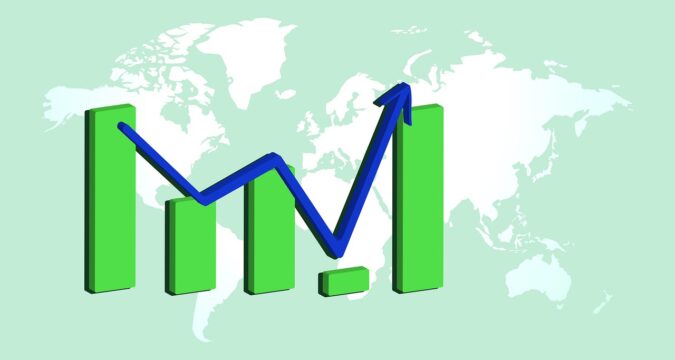
On Thursday, the US dollar was holding onto the highest level it has been in the last seven and a half years against the Japanese yen. This was before the conclusion of the meeting of the European Central Bank (ECB), which is expected to announce a pivotal decision about the interest rates and the officials are also due to announce the end of the monetary stimulus introduced due to the COVID-19 pandemic. It is all but certain that the central bank will put an end to its long-running bond-buying program by this month and hike up the interest rates from July onwards.
What’s Expected of Monitory Policy?
However, the pace and size of the interest rate hike have remained uncertain for now. There is rising pressure on Frankfurt to tighten the monetary policy because of the soaring inflation and the hawkish stance of the US Federal Reserve. Therefore, markets have priced in a possible rate hike of about 135 basis points by the year-end. If the ECB decides to start tightening early, it is possible that the euro will strengthen even further. In comparison, the Bank of Japan has taken a more dovish stance and is sanguine about the drop in its currency.
On Wednesday, the Governor of the Japanese central bank, Kuroda said that the weakening of the yen was actually a positive sign for the country’s economy, as long as it remained stable. He further said that the forex policy did not come under the authority of the Bank of Japan. On Thursday, the euro was trading against the yen at a value of 142.76, which put it just below the high of 144.25 that it had reached back in January 2015. In this month, there has been a 4% decline in the value of the Japanese currency against the euro.
Yen Vs USD
The yen also continued sliding against the US dollar, as it dropped to a low of 20 years at 134.56 in early trading. But, it eventually recovered a bit to trade at a value of 133.79. On January 31st, 2002, the currency hit 135.20 against the US dollar and it is not far from that value today. If it breaks past this value as well, then this would bring it to a low recorded in October 1998. Market analysts said that the trend was not surprising because the Bank of Japan was taking a dovish stance, while the ECB was expected to be hawkish.
However, they also added that the yen was likely to strengthen against the euro more as opposed to the dollar because the ECB’s stance was not as aggressive as that of the Federal Reserve when it comes to monetary policy tightening. The Japanese central bank also allows the bond yield to increase by 25 percentage points from its target of 0%. They had last been recorded at a value of 0.249%. As far as German bond yields are concerned, they reached 1.37%, which is a high not seen in the last eight years.


